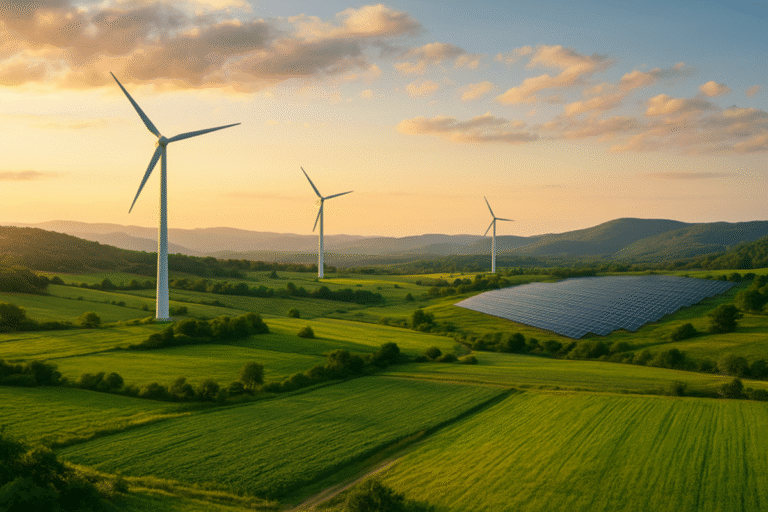They called it the Chaillot Declaration, in French Declaration de Chaillot: the name is that of the Parisian building in which the agreement was signed. This is certainly not the first time that that grandiose palais has found itself the scene of agreements of great international value.
Consider that this same building, opposite the Eiffel Tower, was also the place where the Universal Declaration of Human Rights was adopted. In fact, there hasn’t been much talk about it these days, yet the Chaillot Declaration has been presented as the most important international agreement ever reached on the subject of sustainable construction.
Table of Contents
The agreement during the World Buildings and Climate Forum
The Chaillot Declaration was the culmination of the World Buildings and Climate Forum, organized by the United Nations Environmental Program (UNEP) and here in its very first edition. The Forum is the natural development of the Buildings Breakthrough, supported by 28 governments, the European Commission as well as 19 international agencies, on the occasion of COP28 in Dubai.
In short, the Chaillot Declaration was not arrived at suddenly. And it is no coincidence that the venue chosen to reach this agreement was the French capital. The first “buildings day” took place here in 2015, on the occasion of COP21. In short, arriving at the Chaillot Declaration for greener construction was a journey of (at least) 9 years. What does this agreement actually say?
The impact of construction
There is really no doubt about the fact that there is a need to rethink the way of looking at construction. The sector is in fact responsible for 21% of greenhouse gas emissions worldwide.
Looking at carbon dioxide emissions alone, construction is responsible for as much as 37%. And again: the sector alone absorbs around half of the raw materials available.
Not to mention the mountains of construction waste produced every year by demolition and renovation processes. It is estimated that there are around 100 billion tonnes, around a third of which goes straight to landfill.
The Declaration of Chaillot
In Paris, on the occasion of the World Buildings and Climate Forum, representatives of 70 different states met (the absence of China was noted). The Forum was attended by ministers, diplomats, finance representatives, but also architects, engineers, builders, designers and producers of building materials.
About 1,400 people in all. The final document of the Chaillot Declaration highlights how buildings are increasingly exposed to the risks of extreme weather events, especially in developing countries and cities. City where, in 2050, 68% of the world’s population will live.
The agreement highlights the still inadequate proportion of sustainable construction and renovation, pointing the finger at the glaring gap between the impact of the sector and the objectives set by the Paris Agreement, starting from the limit of 1.5 degrees for heating global.
And again, the document denounces the continuous investments in the construction of high-impact buildings, with high levels of emissions and with an unsustainable waste of available resources.
The ministers therefore committed themselves to implementing roadmaps and regulatory frameworks, adopting standards and certifications for green construction as soon as possible, as well as setting a good example with public construction.
This in a global scenario in which we are actually still very far from common regulations for the sustainability of constructions: consider that in 2021 only 79 countries out of 196 had an energy code, and only in 26% of cases it was necessary to comply with standards mandatory for construction.
Read also: LEED certification for green buildings: what is it and the requirements to obtain it












